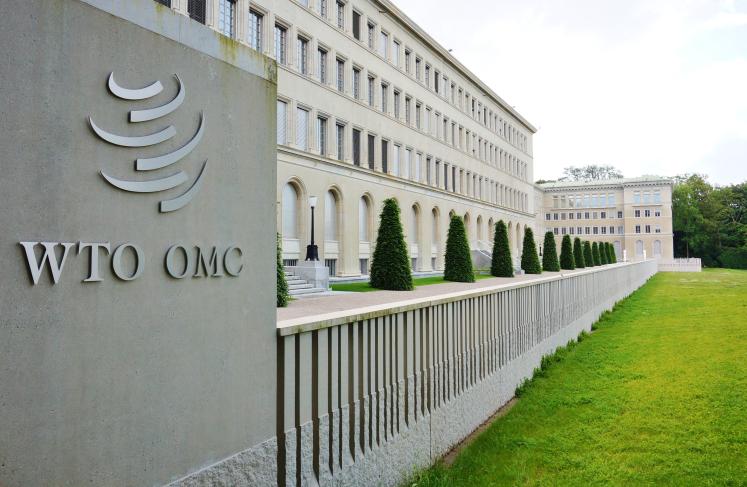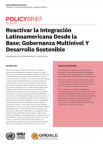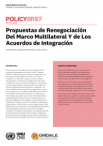Long recognized as a foundation for shared prosperity, the international trading system – anchored in the World Trade Organization (WTO) and supported by institutions such as UNCTAD and the International Trade Centre – now faces the need for major reform to meet today’s sustainability challenges. Recent trade disruptions, including the Trump-era tariff wars, have increased the urgency of rethinking global trade governance.
This paper, part of UNU-CPR's Reimagining Global Economic Governance series to mark the Fourth International Conference on Financing for Development (FfD4), examines how the global trading system can better support sustainable development. It draws on the Villars Framework for a Sustainable Trade System, which proposes reforms to the WTO’s rules, processes and decision-making to making international economic governance more fair, effective and enduring.
While formal reform has been limited, the paper identifies areas where trade governance can align with broader global priorities. It focuses on three broad goals: (1) deep decarbonization by 2050; (2) responsible production and consumption; and (3) networked multilateralism.
Read the paper here.
Suggested citation: Daniel Esty, Jan Yves Remy and Joel Trachtman. Regearing the International Trade System to Deliver a Sustainable Future : UNU-CPR, 2025.




